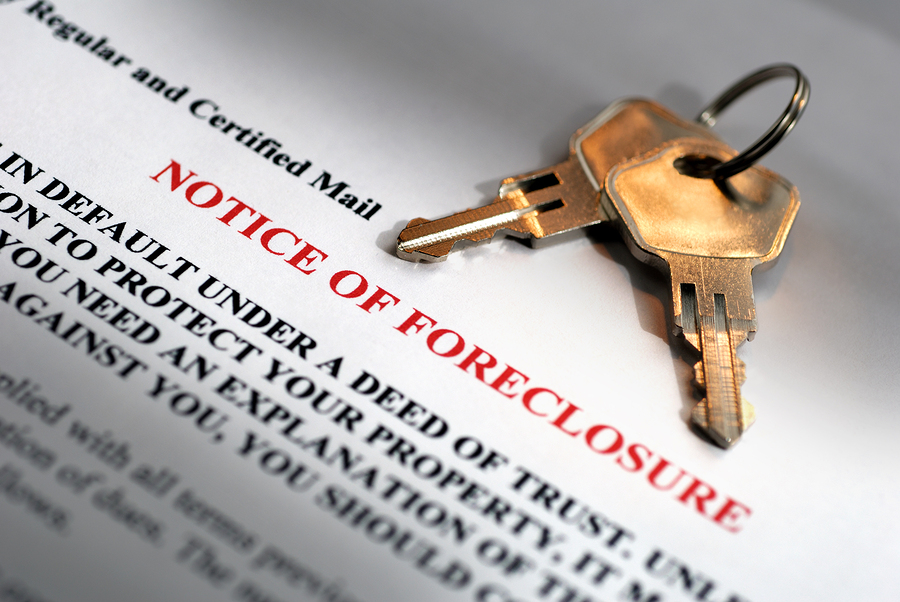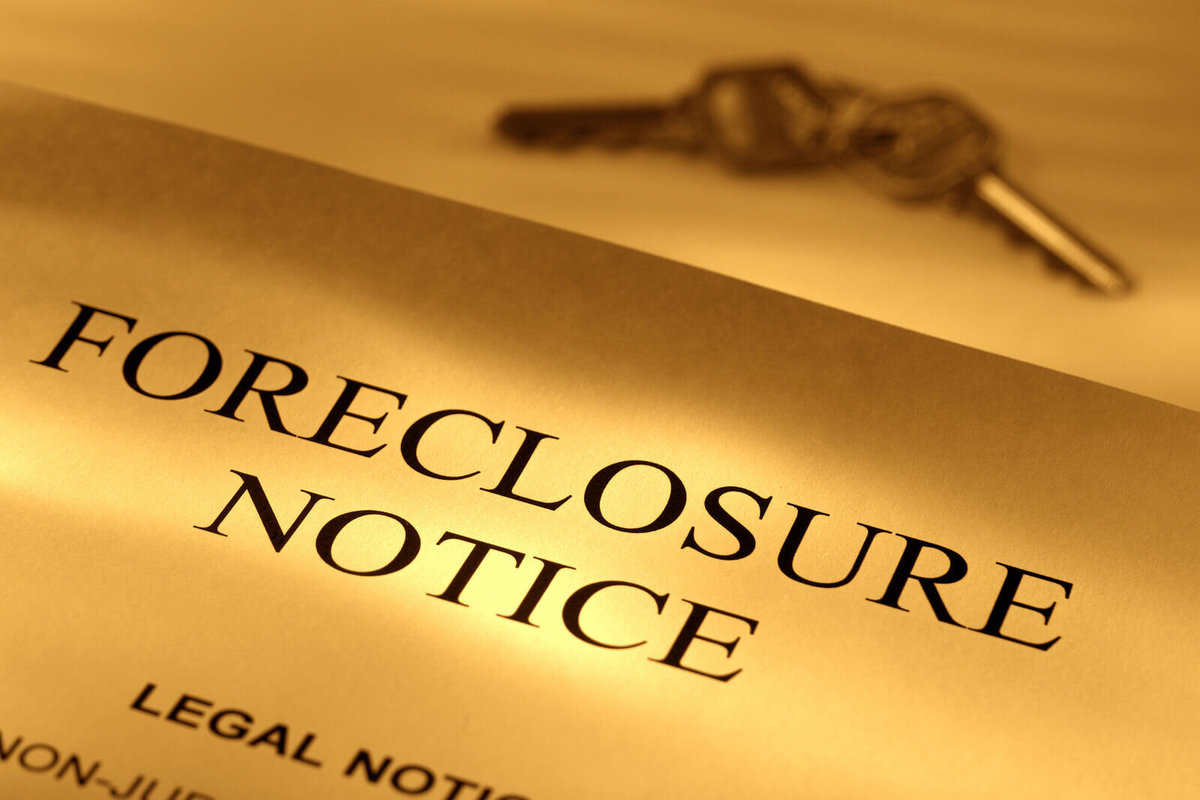Can I Keep My House if I File for Bankruptcy in Philadelphia?
The possibility of losing your home can be scary. The sole fact that the home you worked so hard to obtain may be taken away from you can be one of the worst experiences you can go through. Many people tend to believe there is no hope for excess debt. However, the law can provide you with the necessary tools to fight against actions such as foreclosure. Our skilled, dedicated Philadelphia bankruptcy attorneys at Young Marr & Associates invite you to keep reading as we discuss whether you can keep your house if you file for bankruptcy in Philadelphia.
What Will Happen to My House if I File for Bankruptcy in Philadelphia?
Engaging in excess debt is something everyone should avoid. However, despite your best efforts, you may still face financial hardship due to circumstances out of your control. Unfortunately, unexpected events such as an accident or sudden illness can throw you off balance. Financial stress is an unfortunate reality affecting the lives of millions of people throughout the country. According to the United States Courts, in 2017, there were 1,534,356 bankruptcies filed in the United States bankruptcy courts.
It is natural to feel afraid, lost and overwhelmed when facing financial hardship. For many, knowing they are running behind on their mortgage is enough to cause many sleepless, restless nights. One of the main reason debtors feel desperate and nervous is because their homes may be in jeopardy, especially if they have already received a letter from their creditors demanding past due payments.
What many people fail to understand is that there are ways you can protect your home against your creditors. One of the best ways to protect your home in Philadelphia from legal actions such as foreclosure is by filing for bankruptcy. Bankruptcy can be an excellent alternative to manage or get rid of excess debt.
However, there is much misinformation regarding bankruptcy. For many people, bankruptcy carries a negative stigma. The negative optic bankruptcy has created in the mind of many consumers stems from the opinion of people who understand very little about bankruptcy. Bankruptcy law is a complex universe filled with nuanced legal terms that not everybody understands. Many people have tried to file for bankruptcy on their own, which can be risky, especially in a process where the court expects petitioners to exercise in-depth legal knowledge of both substantive and procedural law. In other words, going to bankruptcy court unprepared can hurt your chances of getting a discharge. Due to this and different personal experiences, people may feel apprehensive about bankruptcy as a whole.
The truth is filing for bankruptcy can be more beneficial than you can anticipate. Filing for bankruptcy can be an excellent way to manage excess debt. Through a bankruptcy discharge, you can get rid of most or all your unsecured debt. Furthermore, you can protect your home and other assets while your bankruptcy case is underway. In other words, you may not lose your home or car during bankruptcy in Philadelphia.
How Can I Protect My Home Through Bankruptcy?
Many debtors face the harsh and terrible process of foreclosure. Foreclosure is the financial and legal term used to describe the actions your creditors can take against debtors. Through foreclosure, your creditors will sell your house and satisfy your debt with the sale’s proceeds. For most debtors, this can be reason enough to panic. However, bankruptcy can provide you with the tools to protect your home.
When you file for bankruptcy, you get the protection of what is known as the “automatic stay.” An automatic stay is a legal injunction preventing creditors from engaging in debt collecting practices while the debtor’s bankruptcy process is underway. This protection is granted as soon as your bankruptcy petition is filed with the bankruptcy court. This may be one of the most important benefits of bankruptcy in terms of its protections.
How Does the Bankruptcy Process Work in Philadelphia?
In order to obtain the benefits offered by bankruptcy, petitioners must meet specific requirements. Most consumers opt to file for either Chapter 7 or Chapter 13. As an example, we will focus on Chapter 7 to explain how the process works. Chapter 7 bankruptcy – also known as straight bankruptcy – is a legal process through which debtors can get rid of most or all of their unsecured debt.
The first thing all bankruptcy petitioners need to know is that going through a Chapter 7 process requires completing a mandatory, state-approved credit counseling course. Through credit counseling, debtors will get information related to dealing with debt and how to prevent them from engaging in a pattern that may compromise their finances moving forward.
Starting your case requires you to file your petition with the bankruptcy court. In addition to your bankruptcy petition, Chapter 7 bankruptcy requires petitioners to file additional documentation related to their finances. You will be required to provide financial information to determine whether you qualify for Chapter 7. To reach a final determination, the bankruptcy court will perform what is known as the “means test.” Through this test, the court will compare your income with the state’s median. If your income is above your state’s median, it means you have enough disposable income to pay back your debt. In that case, you may qualify for another bankruptcy chapter, such as Chapter 13.
Once you qualify, the court will name a trustee who will be in charge of overseeing the entire bankruptcy process. He or she will be in charge of selling unexempted property and divide the proceeds equally amongst your creditors. Once your creditors have been paid, the court will grant you a discharge. Through a Chapter 7 discharge, you will have the chance of wiping most or all of your unsecured debt. A skilled bankruptcy attorney can help guide you through the entire bankruptcy process.
Bankruptcy Attorneys Offering Free Consultations in Philadelphia
If you or someone you know is considering filing for bankruptcy in Philadelphia, we may be able to help. Backed by years of experience handling bankruptcy law cases, our skilled and dedicated Pennsylvania bankruptcy attorneys at Young Marr & Associates are ready to walk you through the entire bankruptcy process. Don’t let debt take over your life. Call our law offices today for a free, confidential consultation at (215) 701-6519.






























